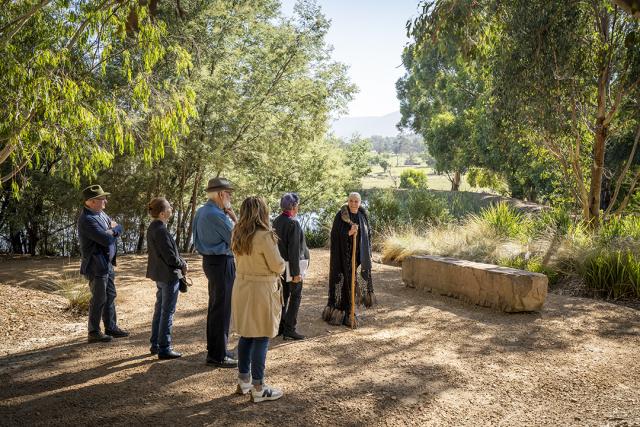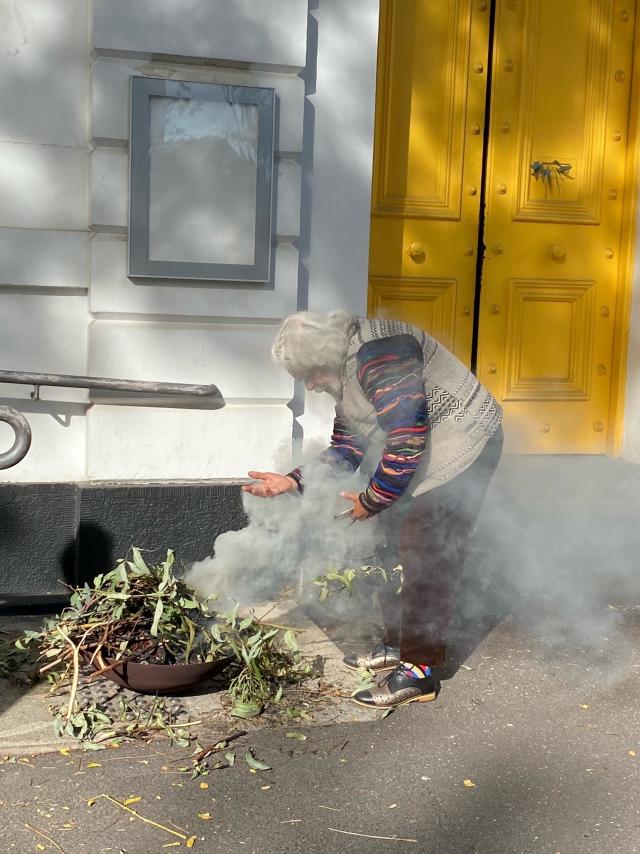
By Mikayla van Loon
The Yoorrook Justice Commission released its first interim report on Monday 4 July on how to continue moving forward in this truth-telling process and the ongoing urgency of the task.
Compiled in the report are the stories of close to 200 Elders from across Victoria who took part in the first stages of the truth and justice commission’s investigations.
Commission Chair Eleanor Bourke said the report details the ongoing pain and harm to Victorian First Peoples at the individual, family, community and state level.
“Each of the 200 Elders we spoke to pointed to the ongoing effects of discriminatory policies and racist beliefs, including those that led to the Stolen Generation; policies and beliefs that have not only affected them but continue to affect their children and grandchildren,” she said.
“Yoorrook Commissioners have seen a deep heaviness of heart and heard despair at the continuation of injustice.”
A key part of the report is giving voice to Elders to share their experiences on topics like dispossession and dislocation, legal injustice and incarceration, disrespect and denial of culture, and a colonial education system among others.
Relating to the Yarra Ranges region specifically, the report addresses First Peoples resistance to being left behind in political representation and in colonial institutions and society and yet still being treated as lesser.
An example given by Uncle Jack Charles is that of Coranderrk, where commissioners visited in March to view the cemetery.
“It was running successfully, Coranderrk. They were selling produce into the town of Healesville. So that’s how well Coranderrk was seen,” he said.
“But it upset the local squatters that the blackfellas would have this ability to sell produce, cheese, milk, meat, bread, into the town of Healesville.
“They said, ‘no, the blacks shouldn’t be doing this’. So they did all they could to make it look as though the blacks couldn’t work the land successfully.”
This led to the parliamentary inquiry, where the residents of Coranderrk represented themselves in 1881 but just five years later the parliament did a backflip creating the Aboriginal Half-Caste Act 1886, which Uncle Jack Charles said put many First Nations people at risk of being hunted.
The stolen generation, removal of young people from family and incarceration has left generational trauma, as well as a disconnection from culture in what seemed to be a way of keeping children safe.
Elders spoke of the need to improve First Nations culture and history in education to remove racism and stereotypes for future generations, as well as the overall impact education has on changing a young person’s life.
In addition to the issues of concern raised by Elders, the first interim report, outlines the foundational work of the Yoorrook Justice Commission in establishing culturally appropriate and trauma-informed processes to ensure participant safety and wellbeing.
Moving forward, the ultimate goal is to inform a treaty but to get there, priority areas have been identified, such as stopping child removals, reducing Aboriginal deaths in custody, focusing on a health-based model to help repeal public drunkenness laws and raising the age of criminal responsibility.
Chair Bourke said the report reveals how important it is to address the issues raised by Elders and “our Elders deserve to see change in their lifetimes.”
Although working to achieve this outcome as quickly and efficiently as possible, the commission has requested a two year extension until the final report needs to be submitted to ensure the work is detailed.
“Establishing Australia’s first truth telling commission is highly complex. Yoorrook’s mandate spans more than two hundred years of historic and ongoing injustices,” Chair Bourke said.
“Time is needed to ensure the best process, right for Community, so that we can create a more complete public record for all.
“The Yoorrook Justice Commission is deeply committed to continuing to seek truth, understanding and transformation for Victoria’s First Peoples.”
To learn more about the Yoorrook Justice Commission, go to https://yoorrookjusticecommission.org.au/ where the full Interim Report can be found.








